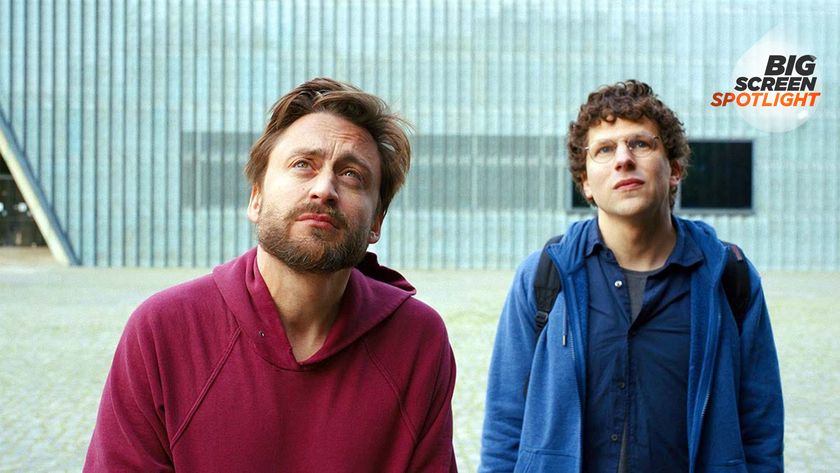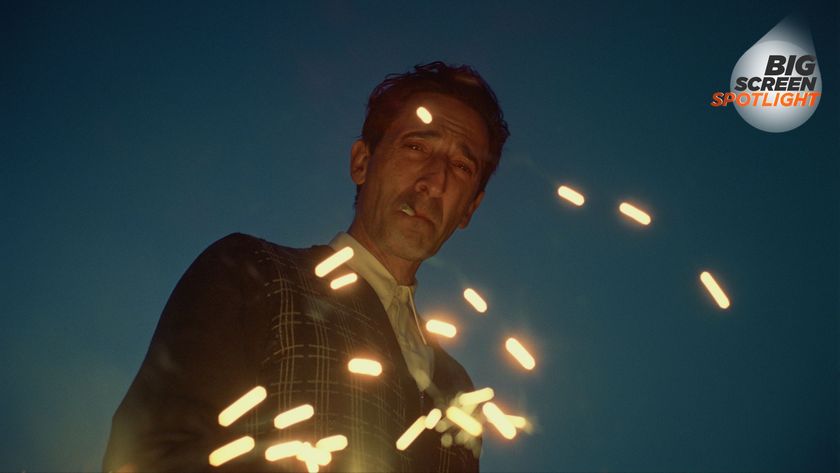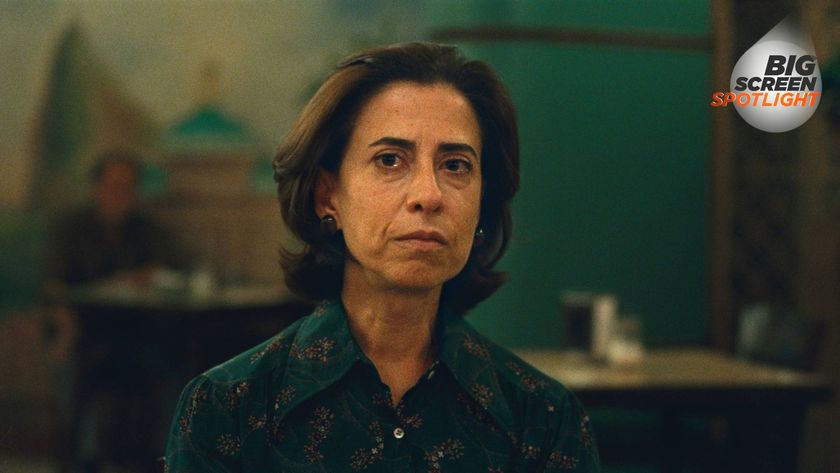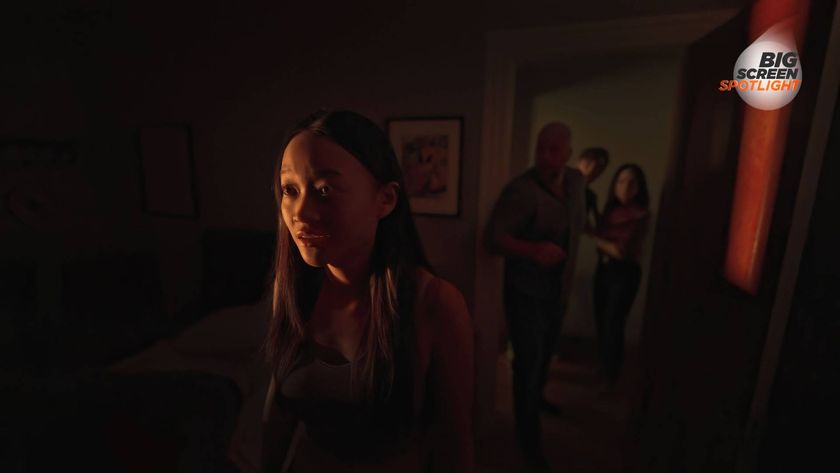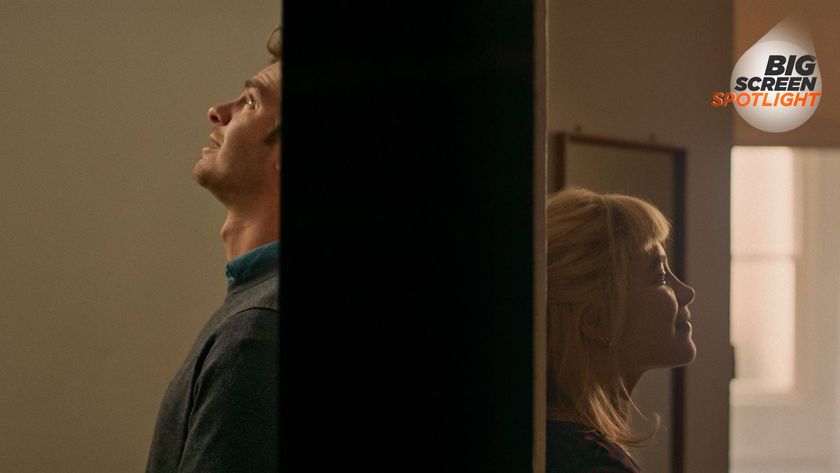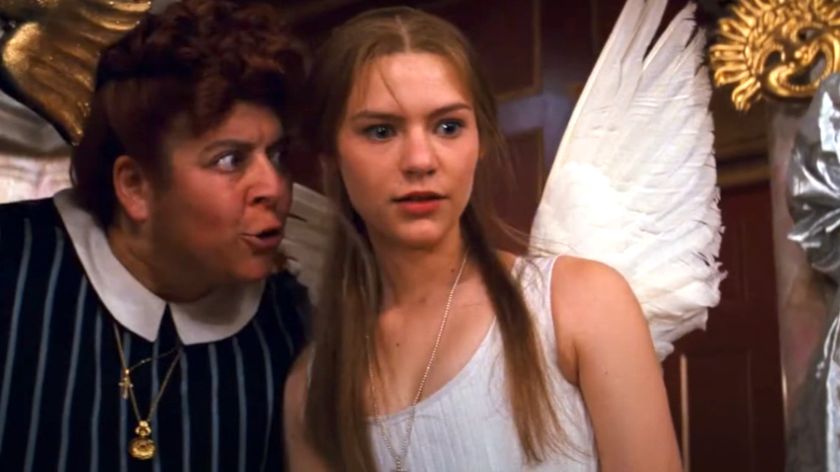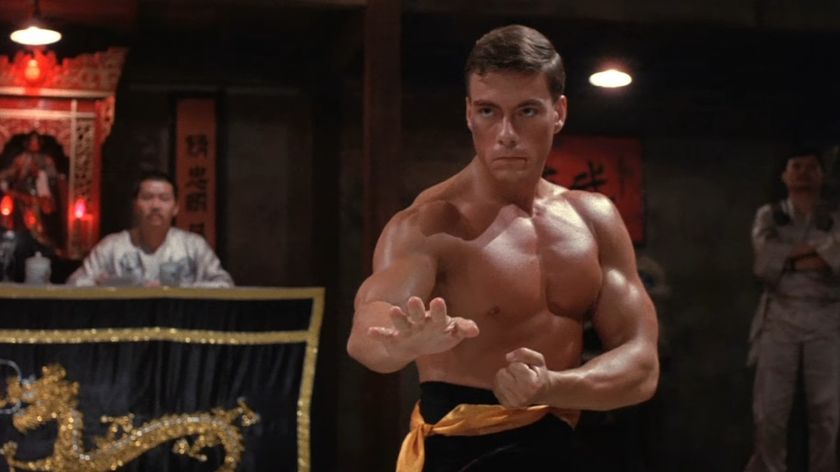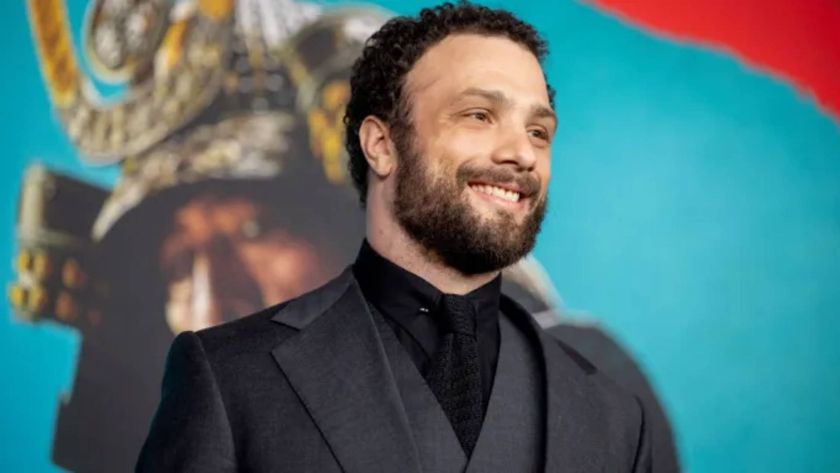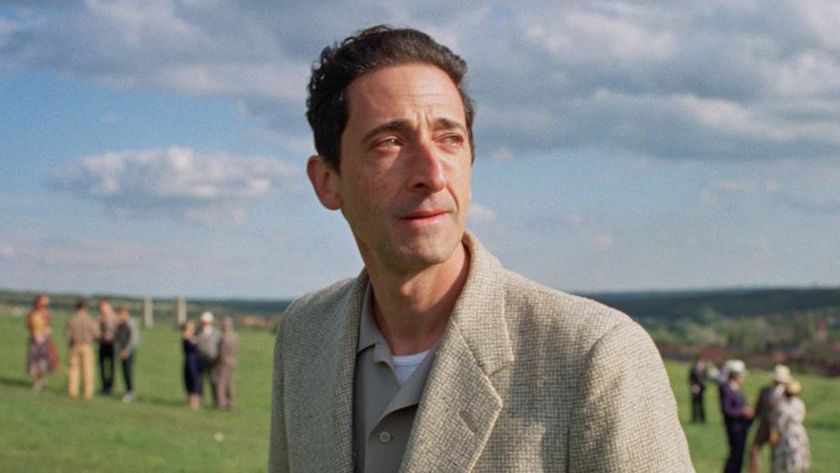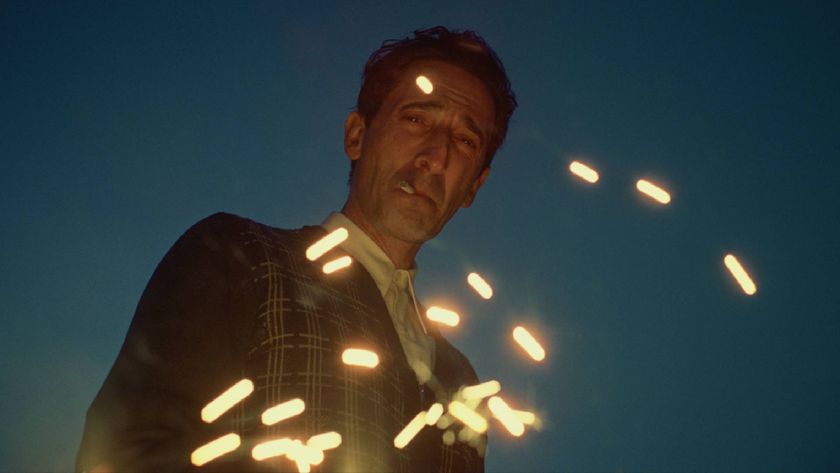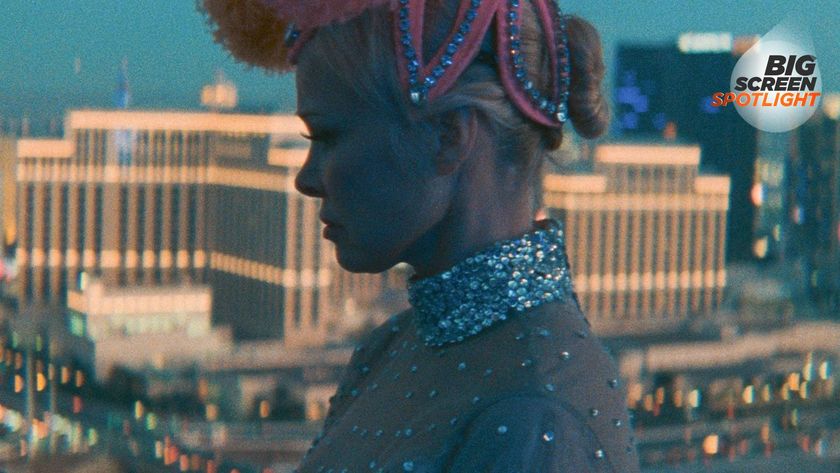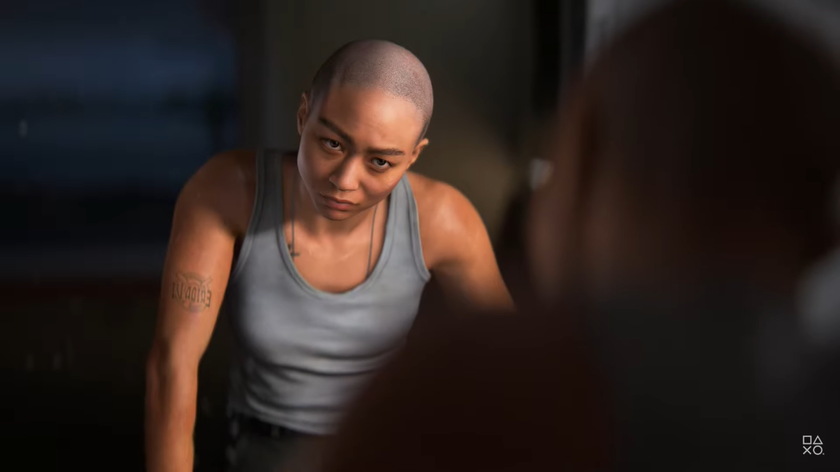The Royal Hotel director Kitty Green on why her new thriller starring Julia Garner is here to break horror movie rules
Exclusive: We speak to the filmmaker about subverting stereotypes, returning home, and the backlash it's received from some male reviewers
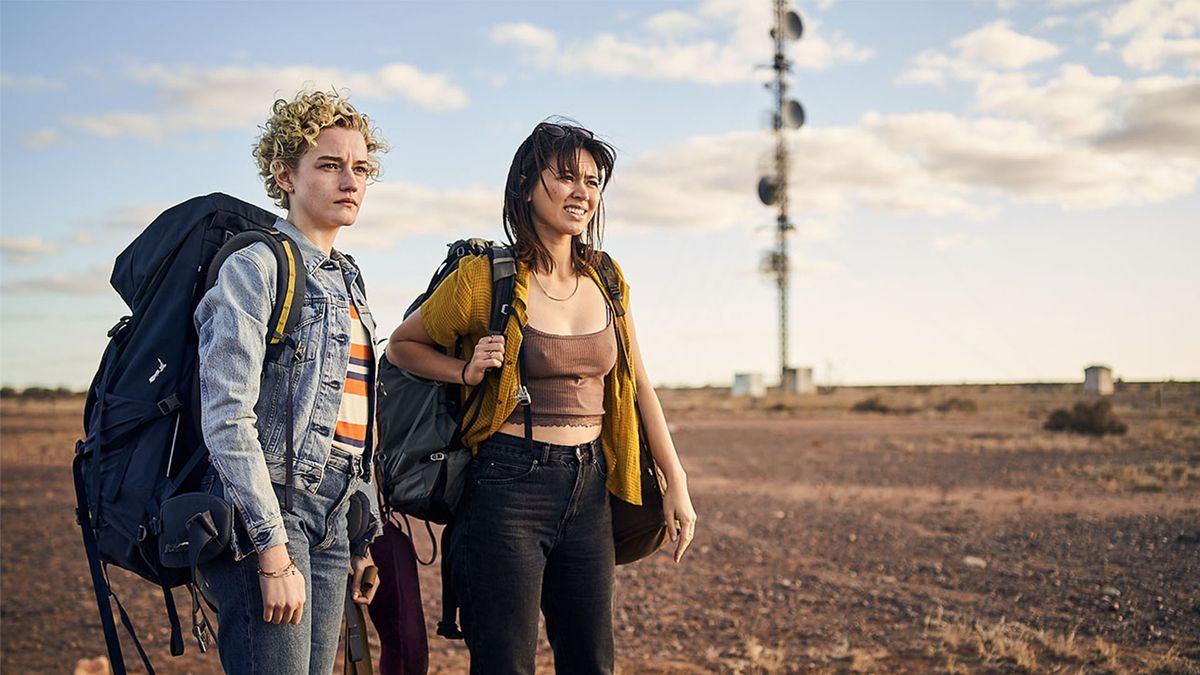
Hot off the heels of the success of her non-fiction feature film debut The Assistant, an indie #MeToo drama that received international acclaim, director Kitty Green felt a call to go home. The Australian filmmaker had always wanted to make a movie in her home country since leaving film school, but the opportunity to return to down under had never arisen... until now. But Green wasn't going to head there alone – actor Julia Garner was coming with her.
I guess I was probably attracted to the subject here as I thought Julia could be a part of it.
The award-winning Ozark star had formed a deep bond with Green whilst working on The Assistant, in which Garner portrayed a young woman working at a film production company who becomes increasingly aware of the insidious abuse that surrounds her. Green knew that whatever she did next had to be in collaboration with the actor, as she explained to 12DOVE: "We work very well together. I present her with something, ask her if she wants to dive into it with me, and she's always up for it. She's able to do anything as she's so capable. I never have to worry as she always pulls it off. I guess I was probably attracted to the subject here as I thought Julia could be a part of it."
That subject Green refers to is the story of her latest feature The Royal Hotel, which follows two young US backpackers as they take a job at a remote Australian pub to earn some extra cash. However, once there, Hanna (Garner) and Liv (Jessica Henwick) are confronted with a situation that grows rapidly out of control thanks to the local unruly men.
- Jesse Eisenberg and Kieran Culkin on their bittersweet new movie A Real Pain and resisting advice from "a big Hollywood director" to "make a billion dollars" with a happy ending
- John Lithgow and Geoffrey Rush's twisted chiller is a much-needed shake-up to the horror genre, disrupting harmful elderly stereotypes embraced by the likes of X and The Shining
Taking a stand
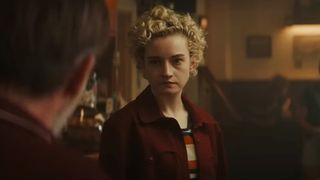
Based on director Pete Gleeson's documentary Hotel Coolgardie, Green has been thinking about this project since she first saw that movie whilst serving as a jury member at an Australian film festival in 2017. As she told us, that documentary drew her attention for two key reasons: "I had never seen the Outback represented that way before, through a female lens and foreigners trying to figure out the culture. Also, often in films female backpackers die, it's a horror movie trope. I wanted to make something that challenged that looking instead at friendship, strength, and identity."
As part of Green's intention to break the rules and subvert the stereotypes, her film ends rather differently to the documentary and is certainly not what audiences will be expecting. In fact the conclusion has attracted some backlash, particularly from male viewers as Green notes, but she still stands by her decision: "The documentary has a very bleak ending and I wanted to do our own version. To me, it was important that the girls triumphed or at least took a stand. I know it's a little cheeky and makes people mad, like we have had some male reviewers on Letterboxd saying the girls go too far. However, the whole film is about this behavior that never crosses this line, and because it doesn't, people think that the girls shouldn't take that stand at the end. But we are proud of it as it says we shouldn't have to tolerate any of that.”
We are proud of it as it says we shouldn’t have to tolerate any of that.
Rather than focus on whether the girls will survive these events, which is typical of a horror film, The Royal Hotel instead asks whether they should be going through this at all. The question isn't whether they'll get out, instead whether they should. Dancing on a knife's edge of tension, it's often unclear to us whether or not the comments from the local men are jokes or threats, exploring male aggression. And our two protagonists have very different responses, which for Green represents the realities of these situations for women: "The two of them are trying to figure out if they are safe or not. Liv is more comfortable and accepting of these people's broken states, whereas Hanna is more cautious. It's a battle we have as women in these spaces as we are trying to figure it all out. We also wanted to ensure these men weren't two-dimensional villains - they needed to be real and authentic. They all have their weaknesses which means when they are trying to connect to these girls, they fail miserably. They are all searching for connection."
Lost in translation

To help bring the male characters to life, Green worked with male co-writer Oscar Redding on the script. She describes his input as vital: "Language was really important and so I worked with Oscar who is from regional Australia and still lives there. Together we figured it out by bringing in things we had heard in our own lives - there was a nice balance which felt real but not overly written. I kind of needed that when I signed onto this as I hadn't spent much time out in pubs like that for a while, so I needed someone to lend that voice. We did battle over the script which helps as that battle is in the screenplay itself - between the girls and the town."
Sign up for the Total Film Newsletter
Bringing all the latest movie news, features, and reviews to your inbox
It's a battle that provides much food for thought, challenging audiences, just like The Assistant did. Green isn't sure what she's going to do next, although there are some ideas bubbling away, but two things are certain - she wants to work with Garner again (of course) and, as ever, it will provoke viewers. We already can't wait.
The Royal Hotel will be released in UK cinemas on November 3.
For more upcoming movies you should watch out for, check out our recommendations.

As Entertainment Editor at GamesRadar, I oversee all the online content for Total Film and SFX magazine. Previously I've worked for the BBC, Zavvi, UNILAD, Yahoo, Digital Spy and more.
